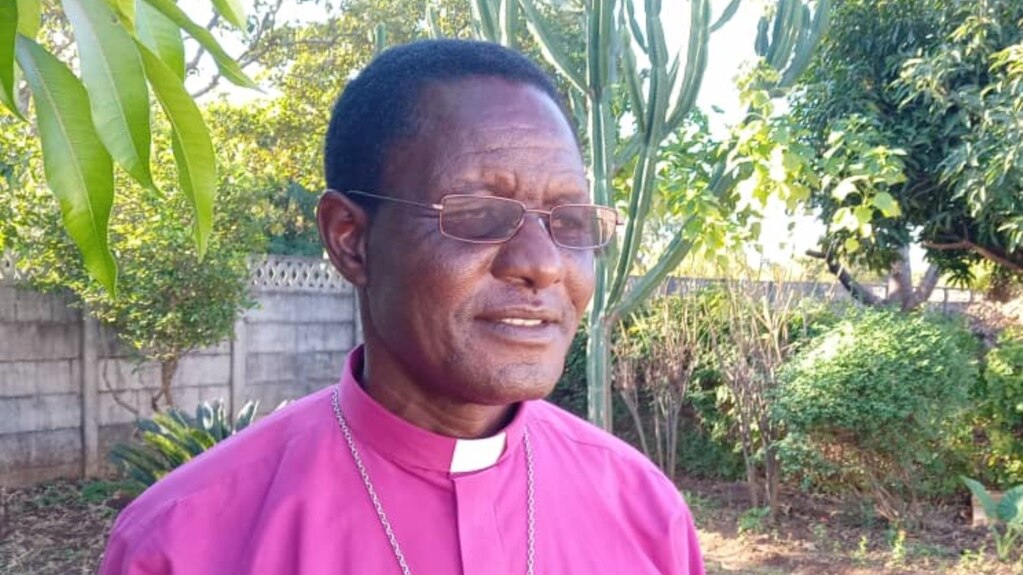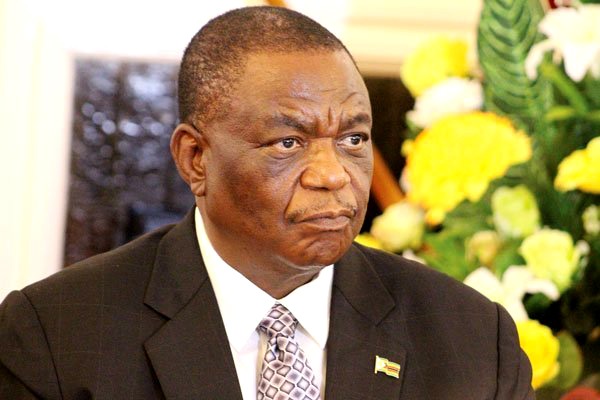
[ad_1]
BY STEPHEN CHADENGA
Zimbabwe has vast natural resources that if equitably distributed can meet the developmental needs of every citizen, a senior clergyman has said.
A Zimbabwe Council of Churches official, bishop Ignatius Makumbe, said if properly utilised and shared, the country’s mineral resources could uplift the lives of local communities.
“The developmental needs of every Zimbabwean can be met if we choose to equitably share the natural resources we have,” Makumbe said on Tuesday at an alternative provincial mining indaba held in Gweru.
“If local communities are genuinely engaged on the importance of resources in their areas, they can benefit, with their needs met.”
Makumbe said the country’s biggest challenge was the sustainable use of natural resources, which he said often did not take into consideration conservation for future generations.
He said there was need to get rid of “gathering wealth” mentality by a few elite at the expense of the nation.
- Chamisa under fire over US$120K donation
- Mavhunga puts DeMbare into Chibuku quarterfinals
- Pension funds bet on Cabora Bassa oilfields
- Councils defy govt fire tender directive
Keep Reading
“We should conserve the resources we have for future generations and in that way we become a responsible generation,” he said.
“We have a demon of wastage in this country such that we become cruel to our environment, with things done haphazardly. Such behaviour has made us a laughing stock in the world.
“We have some foreign investors and every Tom and Dick helping us in destroying our country. We are not protective of our resources.”
He added: “Sometimes I wonder when we are going to say enough is enough in terms of (a few) gathering wealth.”
Makumbe said the country faced a challenge where some people wanted to personally own resources yet from a Christian perspective, such resources were “owned by God to be used responsibly to his glory”.
The meeting was organised by the Zimbabwe Environmental Law Association in conjunction with the Zimbabwe Coalition on Debt and Development and the Zimbabwe Council of Churches.
Follow Stephen on Twitter @jagganox78
[ad_2] Source link










